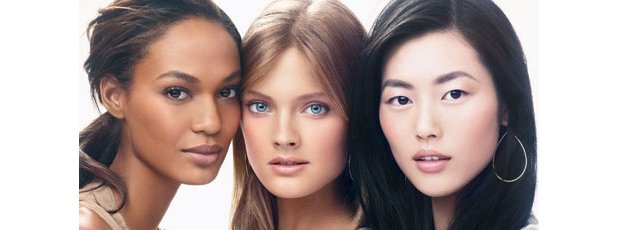- Home
- News & Blogs
- About Us
- What We Do
- Our Communities
- Info Centre
- Press
- Contact
- Archive 2019
- 2015 Elections: 11 new BME MP’s make history
- 70th Anniversary of the Partition of India
- Black Church Manifesto Questionnaire
- Brett Bailey: Exhibit B
- Briefing Paper: Ethnic Minorities in Politics and Public Life
- Civil Rights Leader Ratna Lachman dies
- ELLE Magazine: Young, Gifted, and Black
- External Jobs
- FeaturedVideo
- FeaturedVideo
- FeaturedVideo
- Gary Younge Book Sale
- George Osborne's budget increases racial disadvantage
- Goldsmiths Students' Union External Trustee
- International Commissioners condemn the appalling murder of Tyre Nichols
- Iqbal Wahhab OBE empowers Togo prisoners
- Job Vacancy: Head of Campaigns and Communications
- Media and Public Relations Officer for Jean Lambert MEP (full-time)
- Number 10 statement - race disparity unit
- Pathway to Success 2022
- Please donate £10 or more
- Rashan Charles had no Illegal Drugs
- Serena Williams: Black women should demand equal pay
- Thank you for your donation
- The Colour of Power 2021
- The Power of Poetry
- The UK election voter registration countdown begins now
- Volunteering roles at Community Alliance Lewisham (CAL)
Estee Lauder: Changing the face of beauty?
“Changing faces: Cosmetics firms are forced to find a new image as beauty goes truly global".
This is the title of the Guardian’s featured article by Zoe Wood. The article pictures three top models that are the new brand image of Estée Lauder - Chinese, African/latino , and the more traditional European look. Estée Lauder is launching a campaign “diversity is beautiful” to depict a more modern image of beauty. As this article states, the image of beauty as white and blue-eyed is a thing of the past. Especially given financial pressures on the more western and modern economies, cosmetics companies need to expand by capitalising on the idea of beauty in other countries like China and Africa.
Cosmetics companies are trying to appeal to countries like China who want the name brand of Estée Lauder or L'Oréal Paris because these brands are so widely recognised. By using Asian models more they are giving their products “a distinctive Chinese appeal”. Asian models such as Liu Wen are some of the highest paid models - Liu is a “brand ambassador” for Estée Lauder.
However although she is a high profile model she is not even considered as an ideal beauty in china. However, cosmetics companies are using this towards their advantage to claim that she is the modern looking woman. While it is apparent some Asian models and black models are successful, some industry power brokers have yet to be convinced of their selling power. Top black model Naomi Campbell who is one of the most successful models around has stated, “You know, the American President may be black, but as a black woman I am still an exception in this business.” Estée Lauder and others such as L'Oréal Paris are opening research facilities in these other countries to find out which make-up women use the most to perfect their image of the modern beautiful woman.
Personally, I support cosmetic companies expanding their research and using models of various races. Often it is difficult to find the right shades of makeup for a person’s skin color. Companies coming out with products specifically catered to women of color are great and helpful. Wood's article also commented on Korean women using up to 23 products to create the double eye lid effect and women in Mexico City who use contraceptive pills in their shampoo to aid their hair growth. If companies began to do more research into what modern women desire in their looks, they could definitely sell to these women, thereby making applying make-up and hair care a little easier and manageable.
I am a strong believer that, while make-up is not necessarily needed to make one look beautiful, it is helpful in giving women confidence and a stronger sense of self. Cosmetics companies broadening their image of the ideal women from white and blue-eyed to women of different nationalities shows that you don’t necessarily have to lighten or darken your skin tone to resemble a particular person because they are seen as the epitome of beauty. With a wider range of models you can easily see yourself as one of them, instead of trying to force yourself into the stereotypical ideal beauty type.
Misha Sylver -This is Mischa's first article with OBV as US intern.
